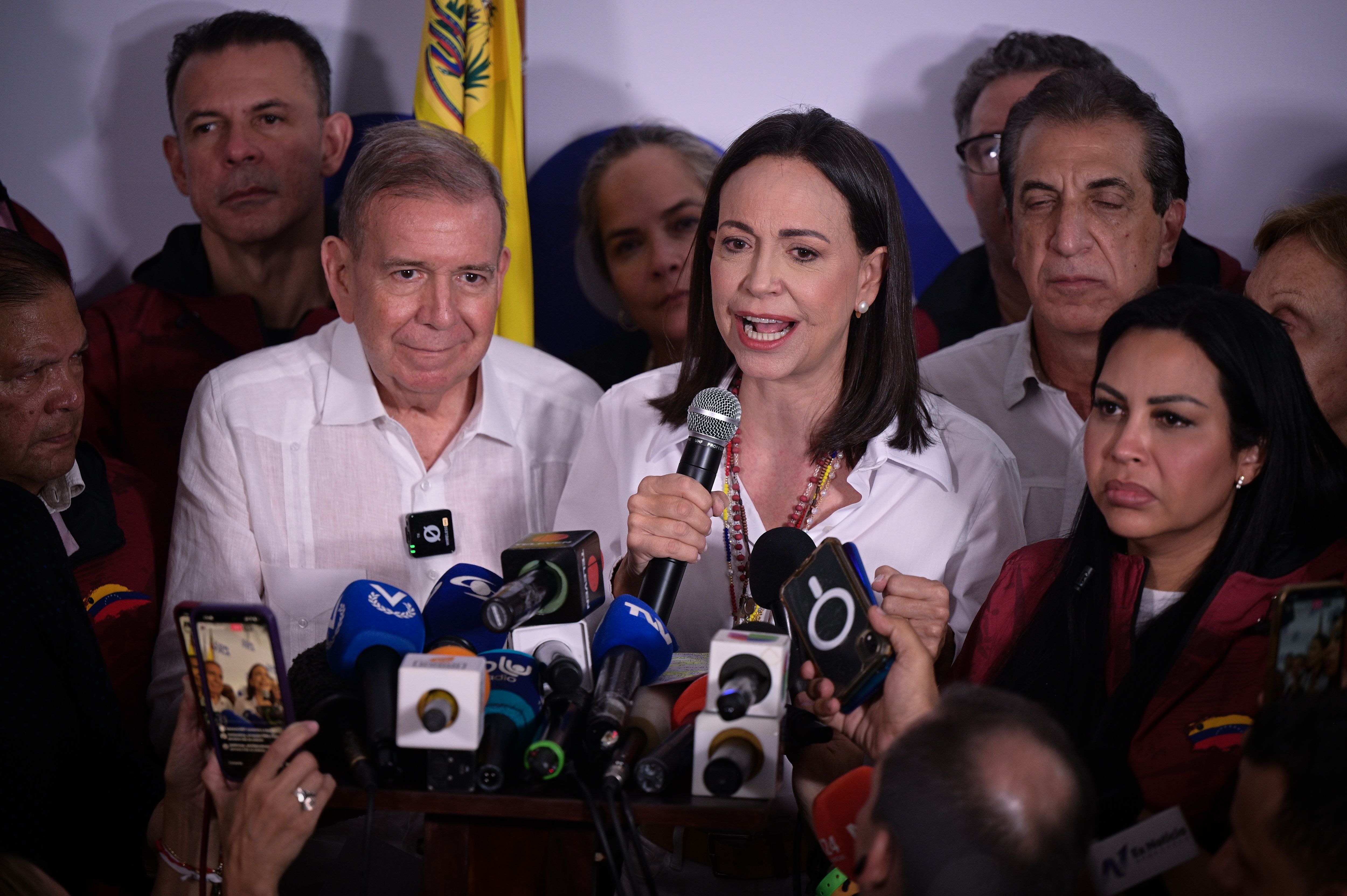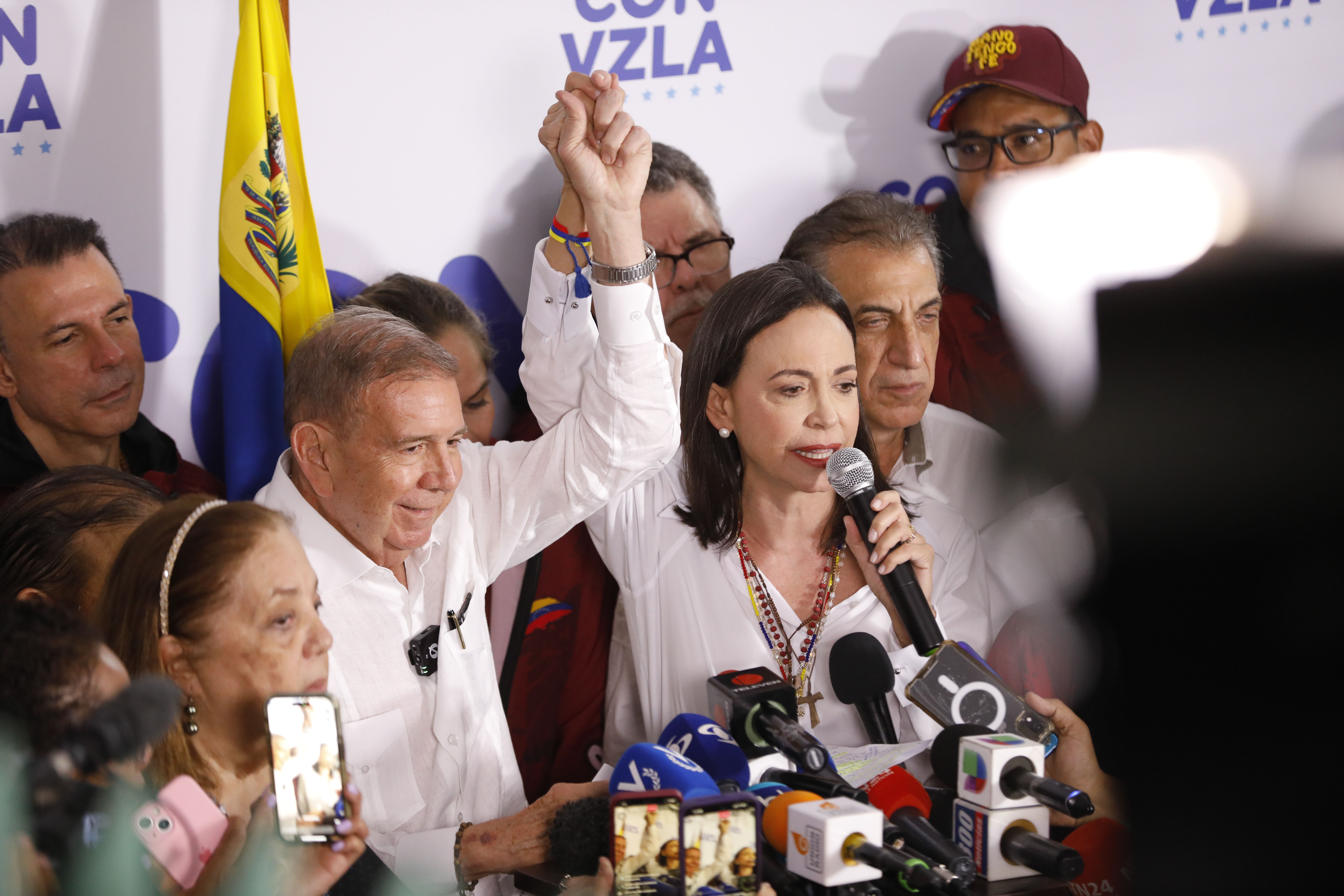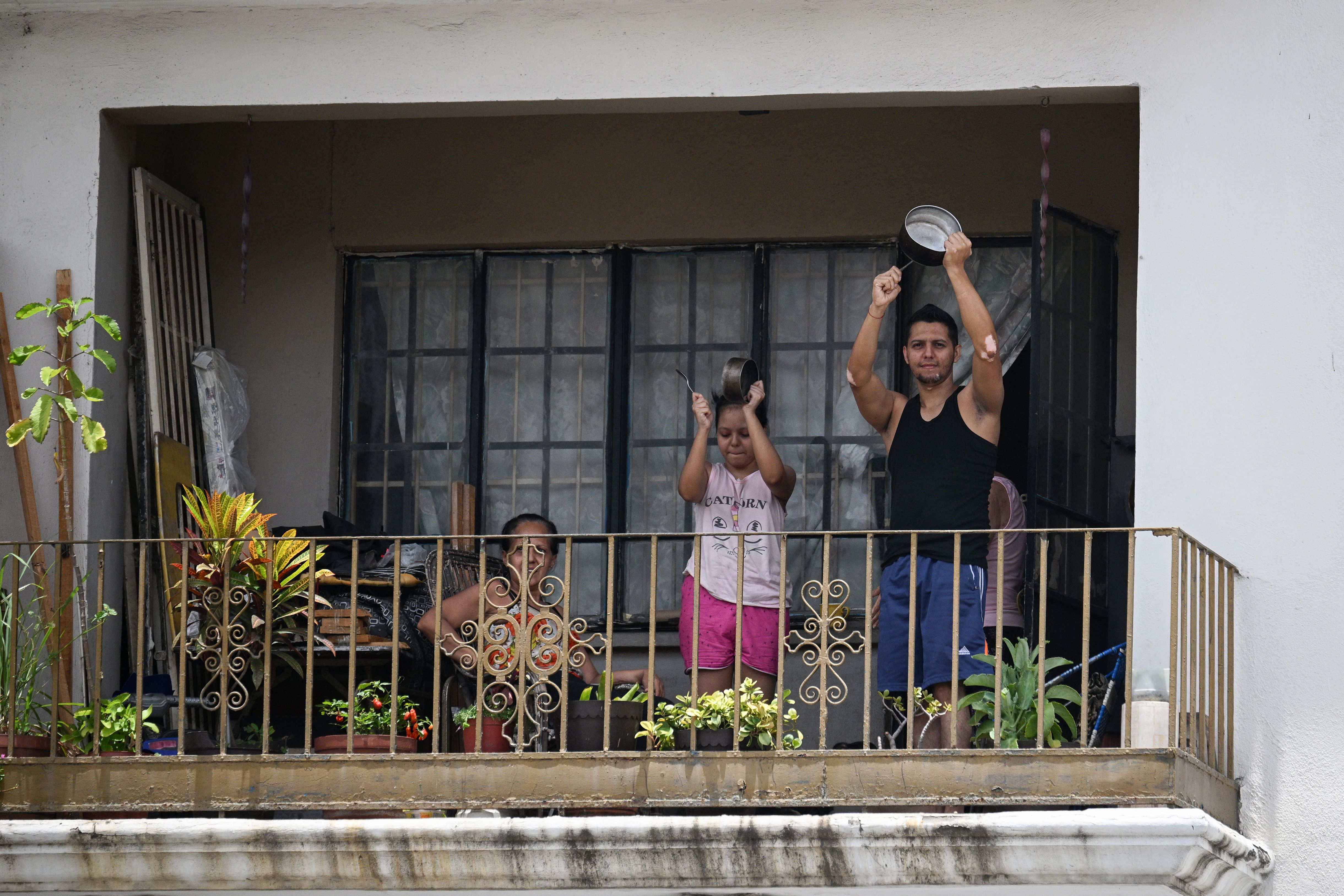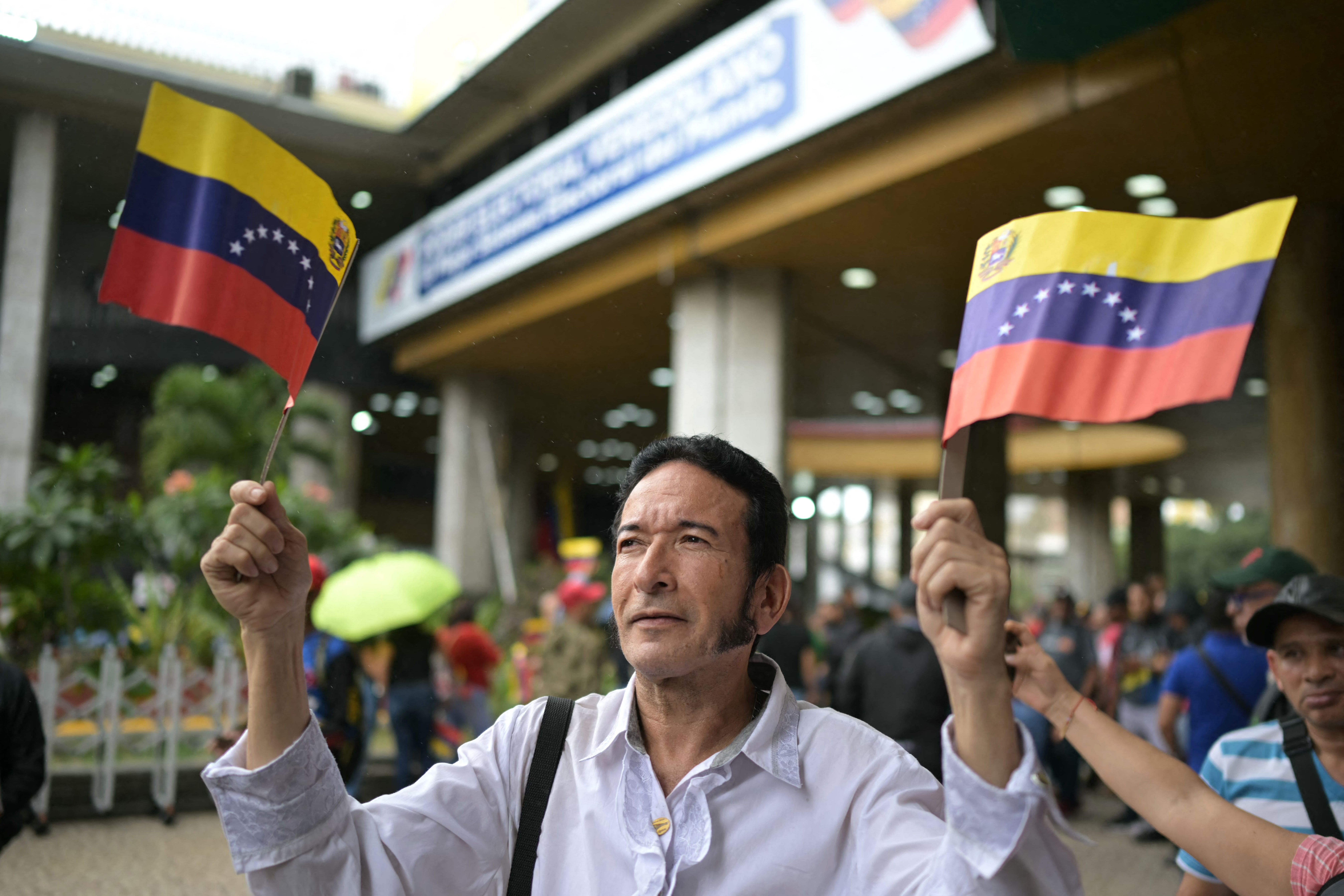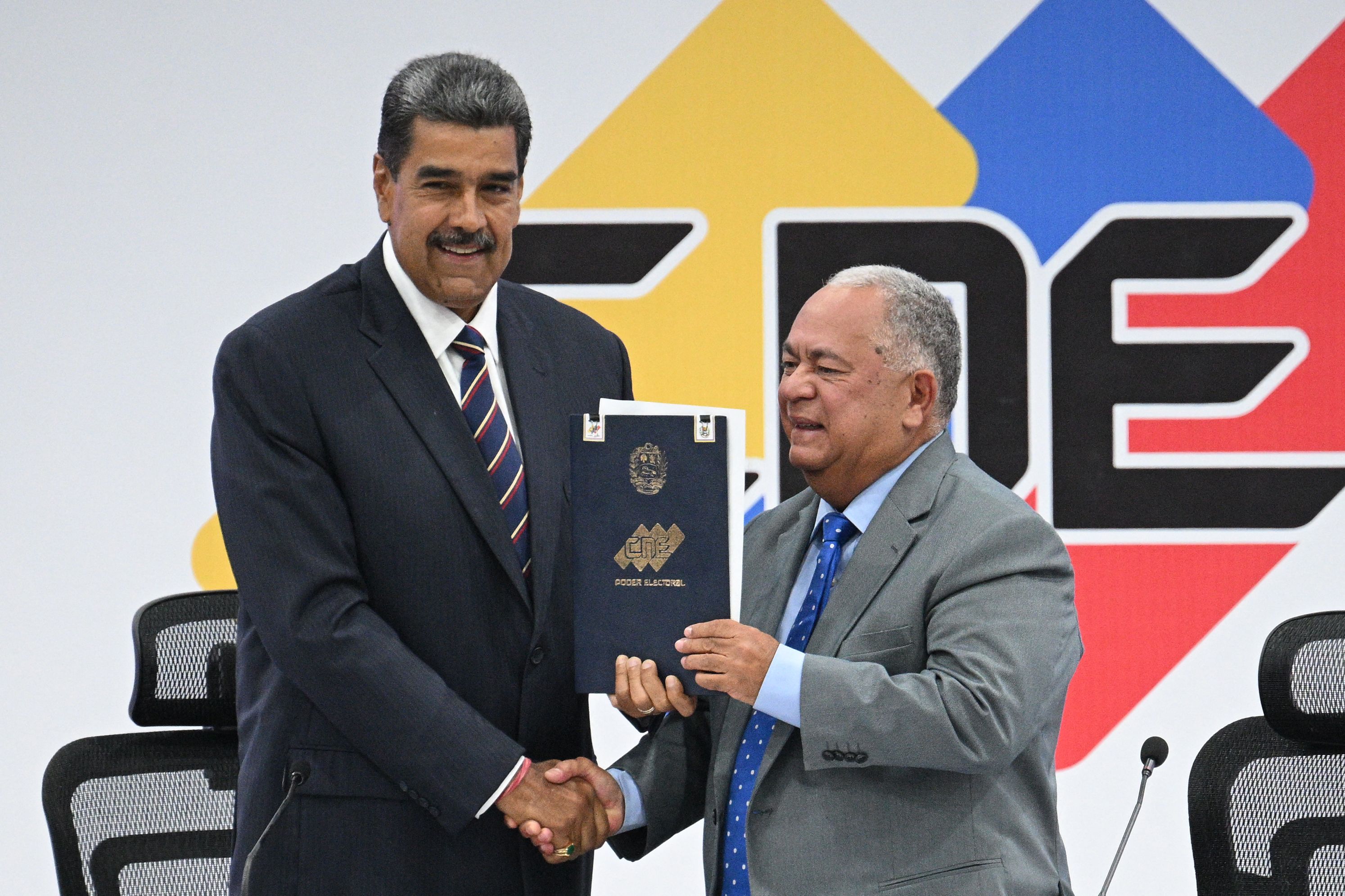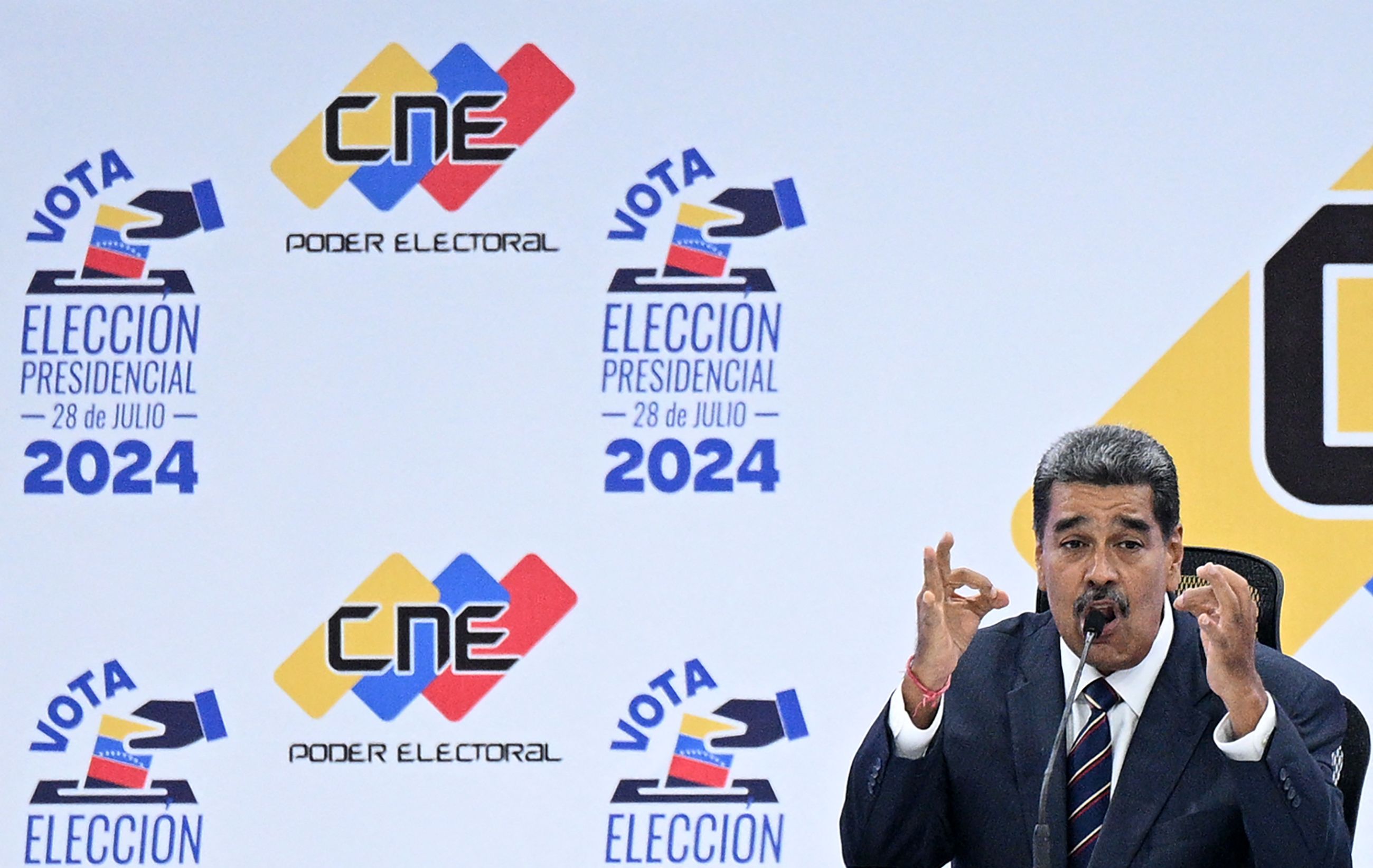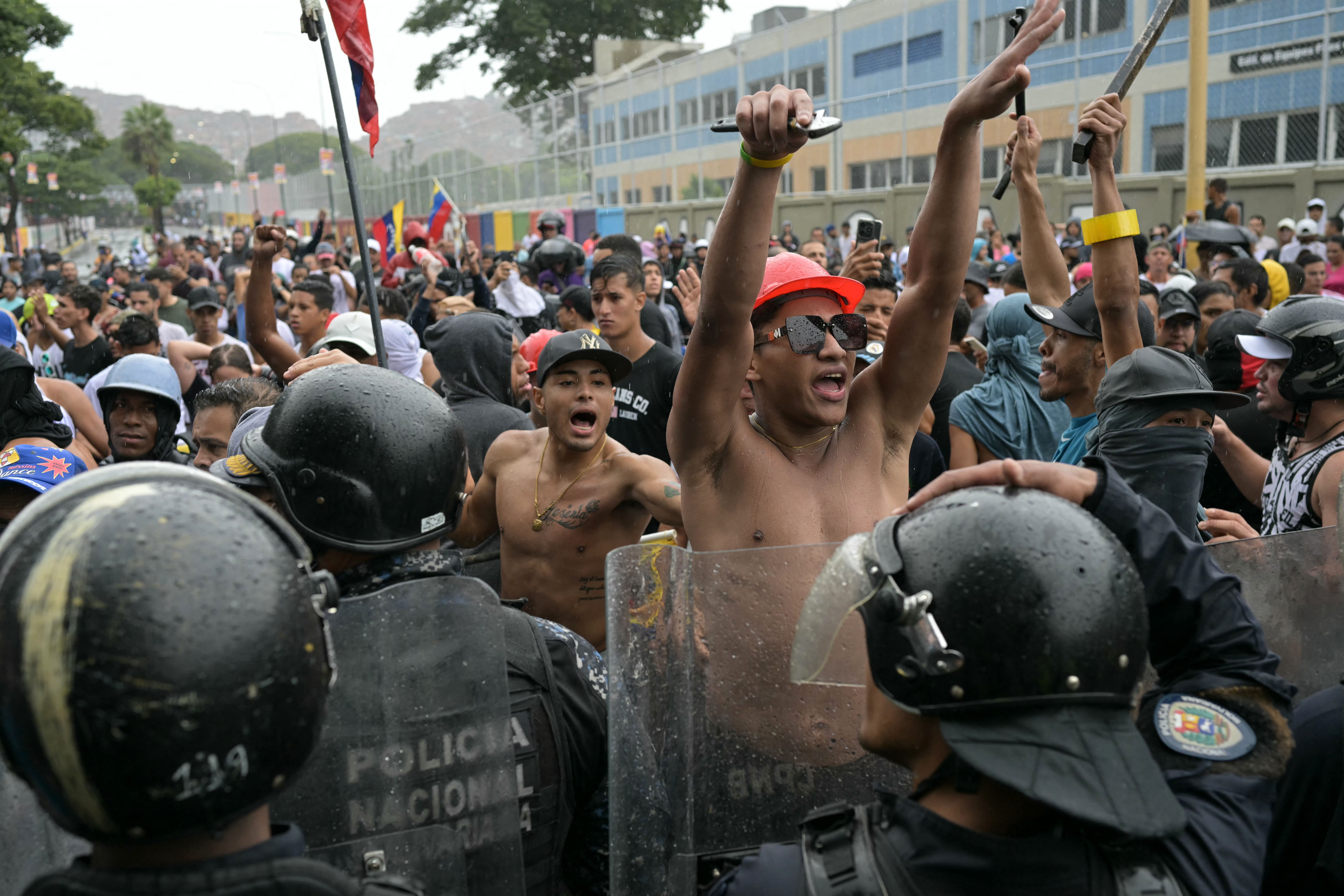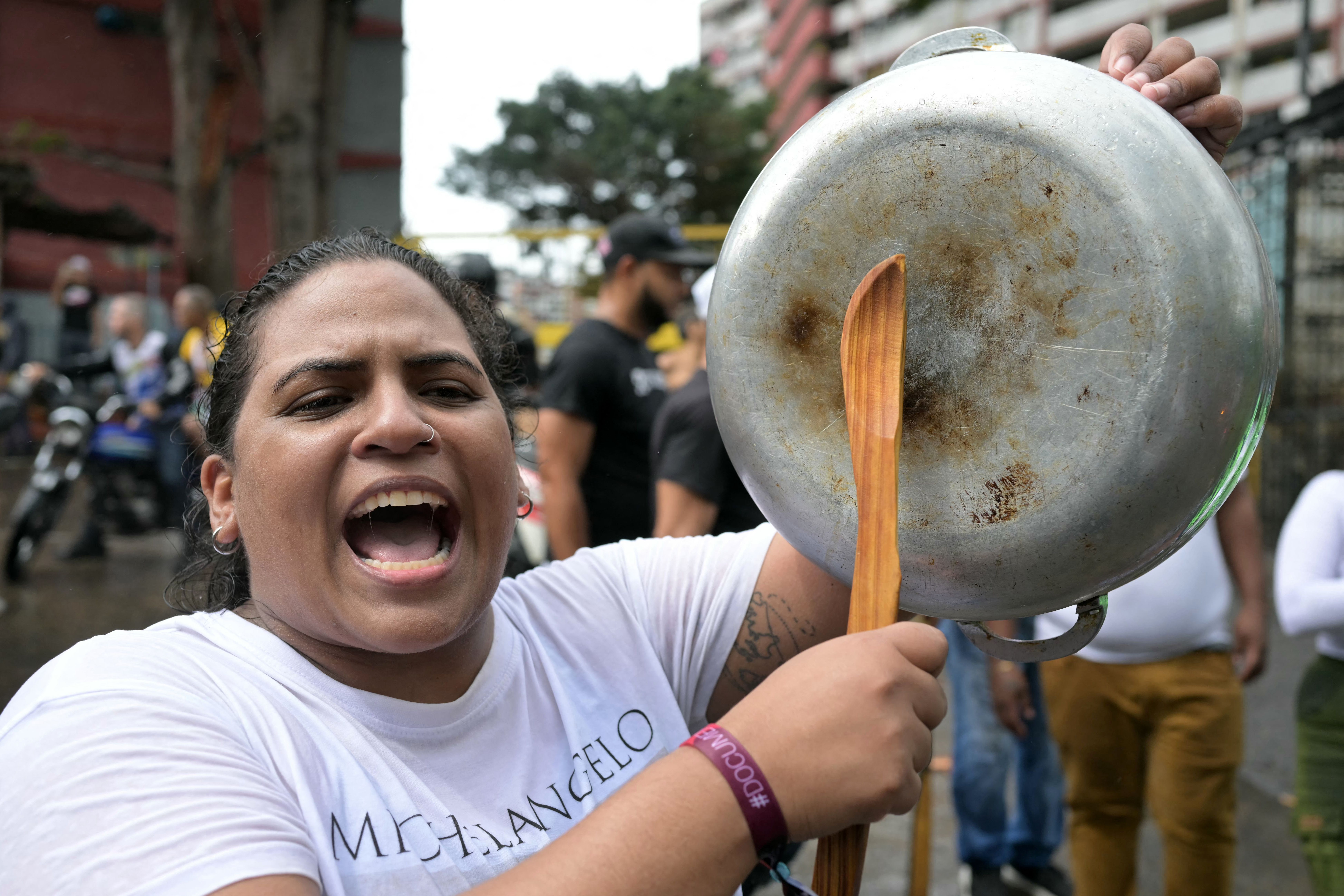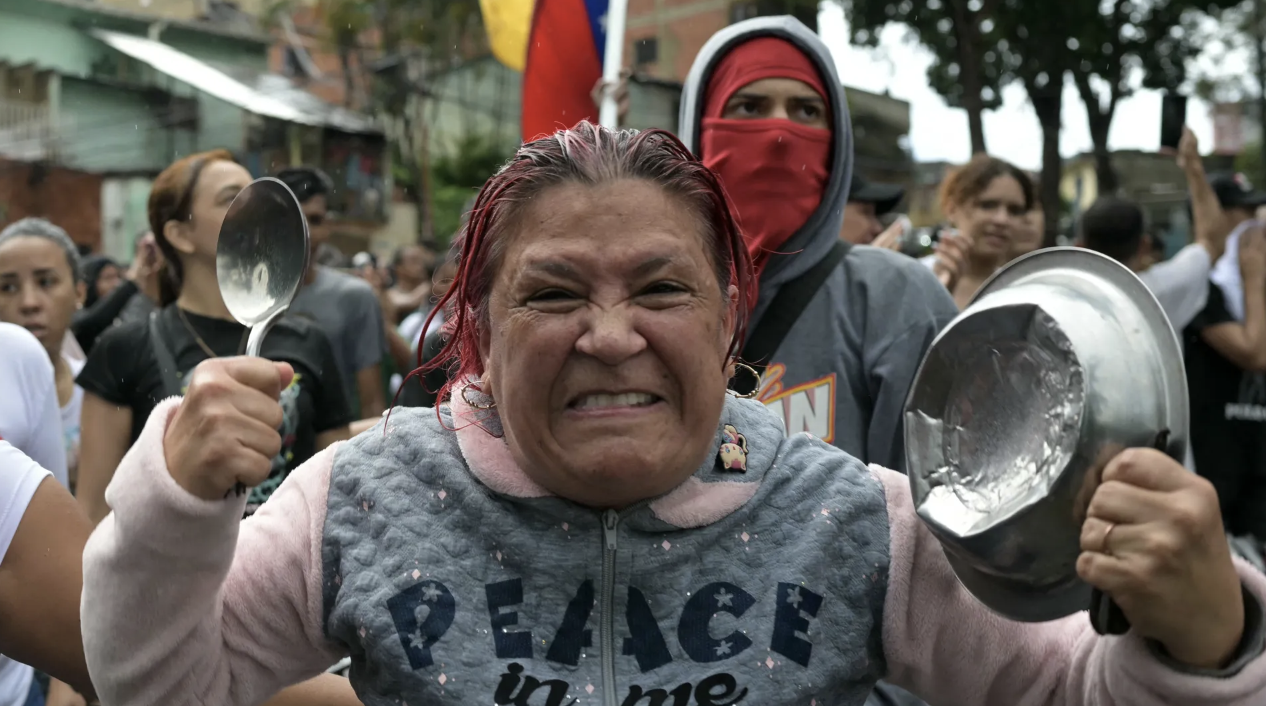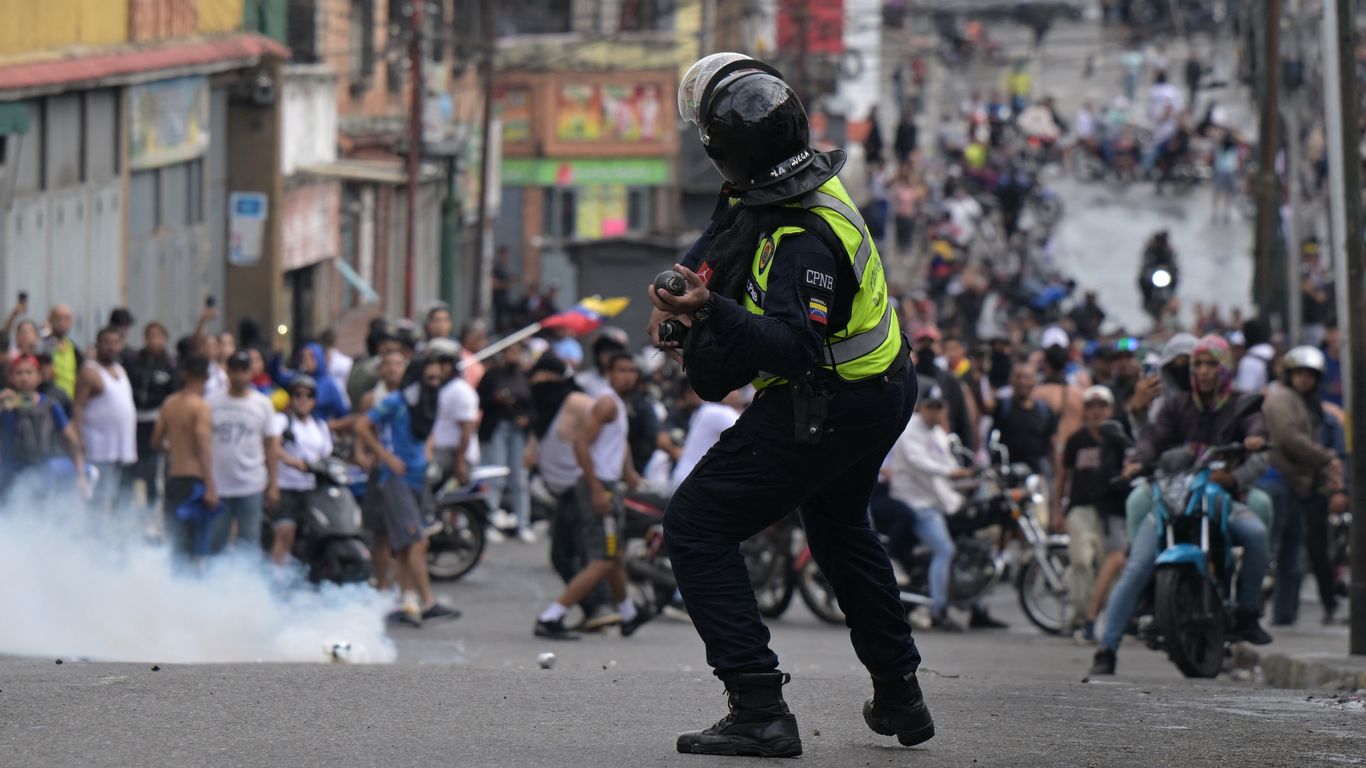
Venezuela is experiencing widespread protests following the declaration of President Nicolás Maduro as the winner of the July 28 presidential election. The opposition coalition claims that Maduro's government interfered in the election results, leading to demonstrations in various cities including Caracas, Buenos Aires, Madrid, and Valencia.
Despite allegations of fraud and interference from international observers and opposition leaders such as Maria Corina Machado and Edmundo Gonzalez Urrutia, Maduro has long claimed that elections in Venezuela are fair. However, many Venezuelans continue to live in poverty with limited access to food, water, and basic necessities.
Protests against Maduro's victory have resulted in clashes between demonstrators and security forces. In Caracas alone, tear gas was used on protesters as they set barricades on fire and kicked campaign banners. Similar protests took place in Madrid, Buenos Aires, and Valencia.
The United States has denounced the official election results along with several other countries. The Organization of American States (OAS) has also expressed concern over the situation in Venezuela.
At least six people have reportedly died during the protests and 749 individuals were detained by authorities on Monday.
The opposition movement, which had predicted a landslide victory based on polls, is calling for transparency and a recount of votes. However, Maduro's government has not yet released detailed voting results or provided evidence to support their claims of victory.
